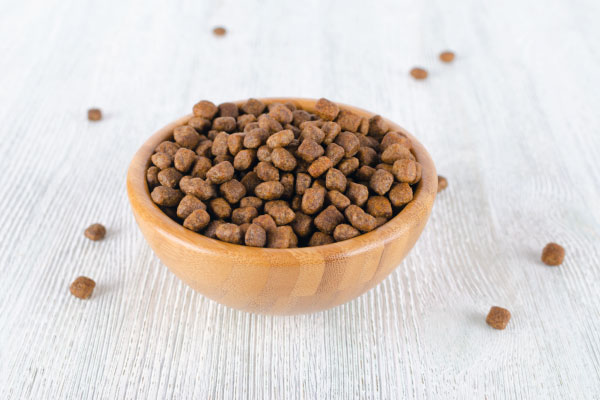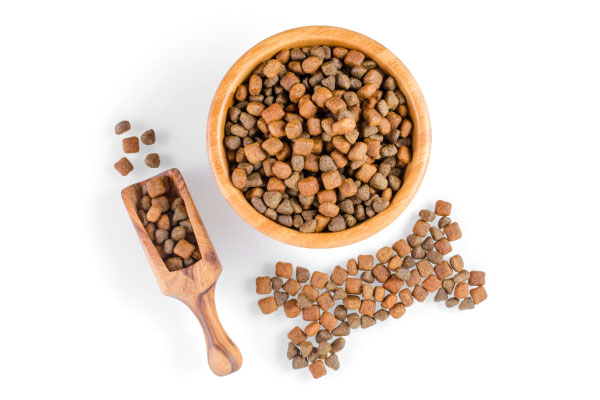Are grain-free foods really bad for my pet?
webmaster2019-07-19T09:36:02-06:00In July of 2018, the FDA announced that they are researching a link between grain-free diets and DCM (Dilated Cardiomyopathy), a form of canine heart disease. They released another report which provided an update this past June which reiterated that they “had begun investigating reports of canine dilated cardiomyopathy (DCM) in dogs eating certain pet foods, many labeled as “grain-free,” which contained a high proportion of peas, lentils, other legume seeds (pulses), and/or potatoes in various forms (whole, flour, protein, etc.) as main ingredients (listed within the first 10 ingredients in the ingredient list, before vitamins and minerals).”

It’s natural to worry when reading such information. The health of our beloved pets is of paramount importance to all of us. It’s also easy to be confused when such a statement is released. One factor to consider about the recent FDA alert is that there is still a large amount of unknown information at this time and a limited amount of information to back up their initial findings.
This report is still in its early stages and thus far has reached no conclusion. “The FDA is continuing to investigate and gather more information in an effort to identify whether there is a specific dietary link to the development of DCM and will provide updates to the public as information develops.”
What is DCM?
According to www.vetmed.wsu.edu, Dilated Cardiomyopathy “is a disease of the heart muscle that results in weakened contractions and poor pumping ability. As the disease progresses the heart chambers become enlarged, one or more valves may leak, and signs of congestive heart failure develop. The cause of DCM is unclear in most cases, but certain breeds appear to have an inherited predisposition. Large breeds of dogs are most often affected, although DCM also occurs in some smaller breeds such as cocker spaniels. Occasionally, DCM-like heart muscle dysfunction develops secondary to an identifiable cause such as a toxin or an infection. In contrast to people, heart muscle dysfunction in dogs and cats is almost never the result of chronic coronary artery disease (“heart attacks”).”
Product Testing
One important factor of DCM and recent testing is the link between DCM and taurine deficiency in our pets. What is taurine? Taurine is a sulfur-containing amino acid important in the metabolism of fats. It is important to note that the FDA has not drawn a conclusion on whether or not there is a connection between taurine deficiency and DCM.
Taurine Deficiency Link
Before July 2018, the FDA had already begun testing on grain-free products as well as products that contain grain. The items were all tested for protein, fat, moisture, crude fiber, total dietary fiber, soluble fiber, insoluble fiber, total starch, resistant starch, cystine, methionine, and taurine. The results during dry testing were similar between grain-free and grain products. The FDA is currently doing further testing.


All of the grain free diets in the Activa pet food line are either supplemented with additional taurine or naturally contain significant amounts of taurine. We are aware of the recent alert issued by the FDA regarding the occurrence of dilated cardiomyopathy (DCM) in dogs eating certain types of commercial dry dog food. At this point in time the exact reason this is happening is unclear however if you believe your dog is affected see your veterinarian immediately. If your dog is fine but are still concerned, additional taurine as well as carnitine, another nutrient involved in heart health, can be added to the dog’s diet via the Activa Custom pet food system in all Pet’s Barn stores using the Heart Health dog food enrichment. We will continue to monitor the situation and keep you aware of any new information when it is released.

